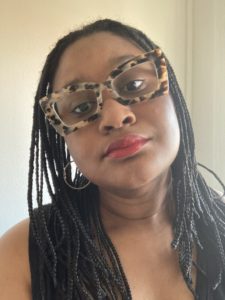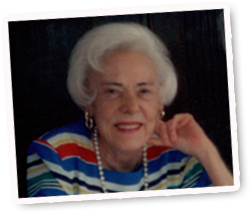
- Fellowship year:2022-2023
- University: New York University
- Dissertation Topic/Category: Africa
- Dissertation Title: 'We were but women’: Print Culture, Anti-Colonialism, and Activism Amongst Black Women in the Francophone Diaspora, 1920-1976.
My dissertation project is a transnational historical study about race, identity, colonialism, and literature in the Black Atlantic. This project examines generations of creative women activists from the interwar period into the post-independence era and considers how small groups of black francophone women impacted their local and diasporic communities. I try to recuperate the trajectories of women who lived extraordinary lives while battling colonial racism and sexism in a quest to understand how they found empowerment and solidarity in being “black women” across national boundaries. I utilize journals, newspapers, short stories, as well as fiction and non-fiction novels as primary sources to construct the successive histories of four generations of transnational black women activists. The key to my investigation of these women’s writings and print culture is to allow francophone women’s history to be analyzed outside the restraints of the French nation-state and shift their work into the sphere of black internationalism and Pan Africanism. These women never solely considered themselves French but as members of a global black community. How they fought against racism and sexism is anchored in black radical tradition and not French republicanism—especially when they were fighting against the oppressive mechanisms of the French state.
The first generation are trailblazers like the Nardal sisters of Martinique and Gerty Archimède Guadeloupe. They were the first black French women to earn university degrees, found metropolitan literary movements, and root their gender-focused activism in their home islands. The second generation of women are the founders of the Union des Femmes de la Martinique (UFM). This organization still looms large in the French Antilles as it helped promote the creation of a distinct diasporic identity that rooted civic action in black nationalist and third world rhetoric rather than French republicanism. The third generation is across the Atlantic in post-independence Senegal, where Annette d’Ernerville founded the first French- language black women’s magazine, Awa: La Revue de la Femme Noire, in 1963. From 1963 to 1973, the articles published in Awa focused on what roles Senegalese women hoped to fill in their newly independent nation. The fourth and final generation is exemplified by Maryse Condé – a black, Caribbean, French-educated woman who spent her formative young adult years in newly independent West Africa. Condé distilled her life experiences and observations into several celebrated works of fiction and nonfiction.
